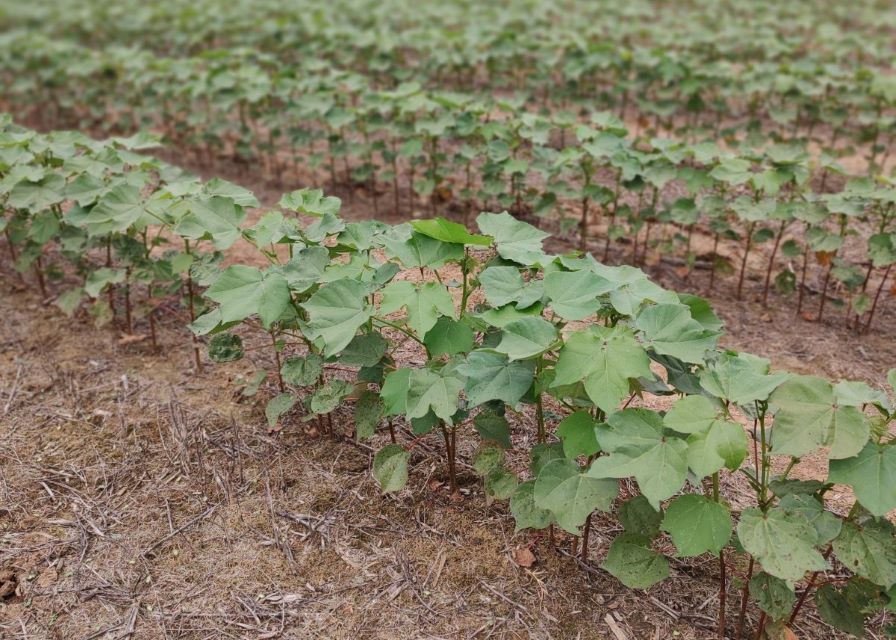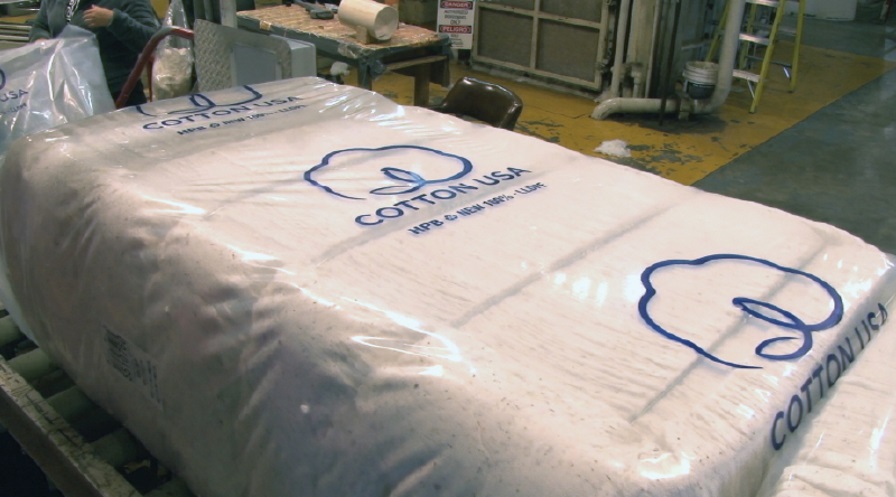Texas Tech Study: Multi-Layered Cotton Face Masks Protect Against Omicron Variant
As the Omicron variant surges, the Centers for Disease Control and Prevention (CDC) is expected to issue more robust mask guidelines to help curb COVID-19 transmission. During personal protective equipment (PPE) shortages, it has been necessary for people to utilize materials already at their disposal to craft their own face masks.
Seshadri Ramkumar, a professor of chemical countermeasures and advanced materials in Texas Tech University’s Department of Environmental Toxicology, has co-authored a study utilizing a standardized method to evaluate common household fabrics, including cotton, as alternative materials for barrier face coverings.
Olukayode James Ayodeji, a Ph.D. candidate in the Department of Environmental Toxicology, conducted the standardized tests measuring the filtration efficiency (FE) of different facial coverings.
Using mask filtration testing standards developed by the American Society for Testing and Materials (ASTM), Ramkumar and his team compared the performance of popular ready-made facial coverings such as bandanas and neck gaiters to alternative household materials including denim, cotton shirts, bedding, and towels. Both categories of materials were measured against R95 masks, which offer the highest level of protection against viral particles.
While a material’s ability to filter out viral particles is paramount, breathability is an equally important consideration, Ramkumar said. Unfortunately, testing revealed an inverse relationship between filtration efficiency (FE) and breathability. For instance, while denim showed the highest FE, it also had the lowest breathability of all the household fabrics, rendering it unsuitable for face mask production. Ramkumar and his team took both parameters of FE and breathability into equal account when evaluating a material’s overall performance.
“Masks need to be comfortable, or people won’t wear them,” Ramkumar said. “We tested 17 types of commercially available and homemade masks for our study. While R95 and N95 masks offer the best protection because of their filtration capability and dome shape, three-ply cotton masks with good fit also provide an adequate level of protection along with comfort.”
According to their study, the most effective ready-made facial coverings on the market are Velcro masks with carbon filters and surgical masks, while the least effective are fashion face masks, single-layer face coverings, neck gaiters, and bandanas.
The highest-performing household materials were thick cotton shirts and towels, indicating that multi-layered cotton facial coverings with proper fit are the most effective homemade mask alternative because they offer a measure of protection against viral particles without compromising breathability.
Utilizing both a facial covering and a surgical mask with good fit would offer the wearer better protection against particle inhalation, according to Ramkumar.
“An efficient filter requires three Fs: filtration, fit and form, as in comfort,” he said. “A balance of all three properties is necessary for sustained mask use.”
Based on information provided by Texas Tech University









